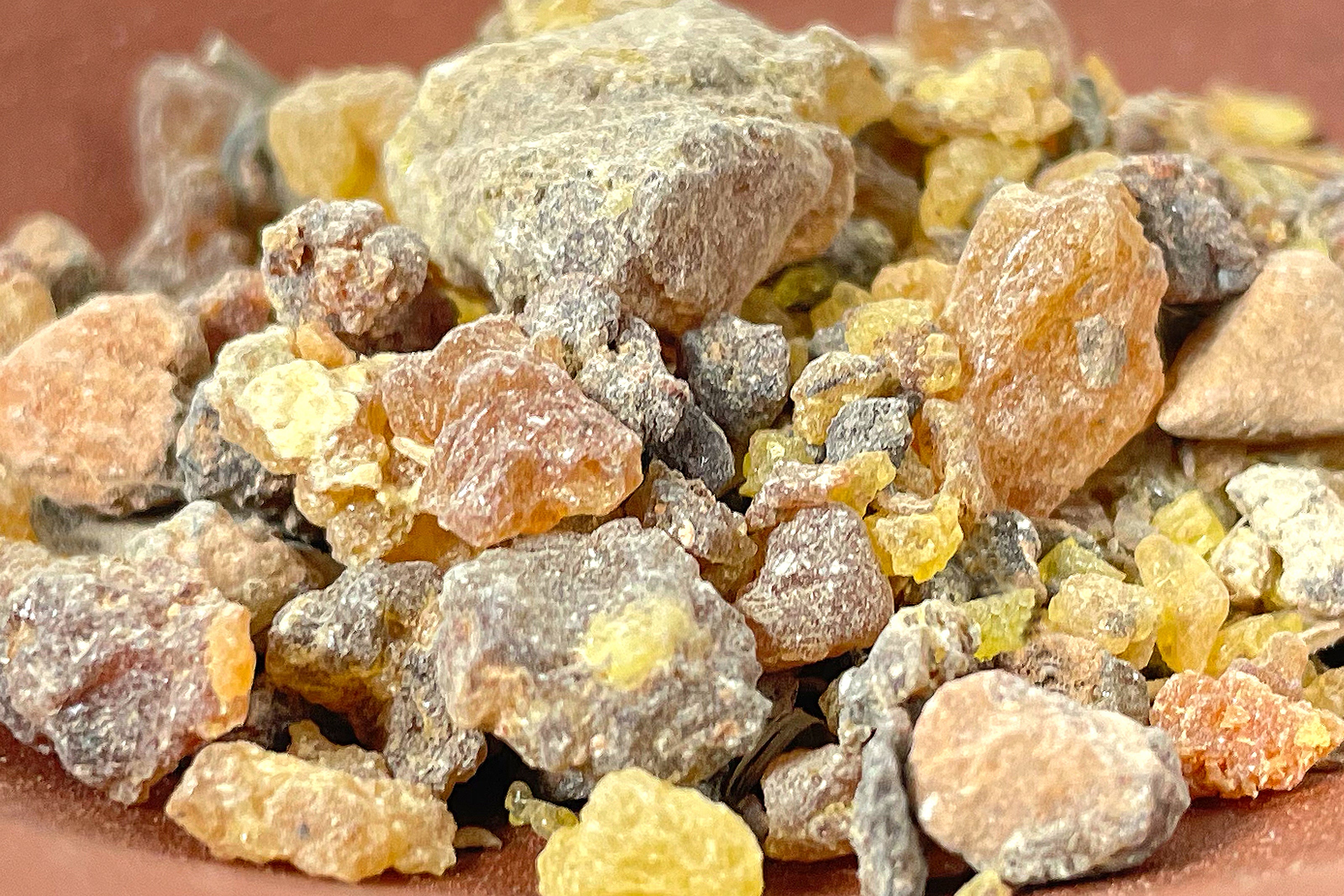
KosmicMarket supports the activities of the Non-GMO Project.
By the way, do you know about "Non-GMO"? What are "GMO" and "Non-GMO"? What exactly do they mean? Here, I would like to explain "Non-GMO".
Non-GMO refers to products that do not contain genetically modified organisms. Learn more about what Non-GMO means and why it's important to your health.
What are GMOs?
GMO (GMO) is an abbreviation for Genetically Modified Organism. Genetically modified foods are crops that have characteristics that should not exist in nature, created through genetic manipulation. Typical examples include crops that are resistant to herbicides and pests. Genetically modified crops are a part of our daily lives and their number is increasing year by year. Consumers have a right to know about this situation. Are the crops we eat on a daily basis GMO (genetically modified crops) or Non-GMO (non-genetically modified crops)? The Non-GMO Project was established to provide accurate and up-to-date information.
What is the Non-GMO Project's Mission?
The Non-GMO Project is a non-profit organization that commits to the following three goals:
- Maintaining a source of non-GMO products
- To verify products and provide certification that they are "Non-GMO."
- Educate consumers and give them the option of "Non-GMO" products.
What foods contain GMOs?
Since labeling of GMOs is not mandatory, it is difficult for consumers to know about them. Therefore, the Non-GMO Project divides foods that are likely to be GMOs (genetically modified crops) into four categories.
1. High-risk crops
Crops that are widely available and likely to be GMOs.
・Corn, soybeans, canola, cotton, sugar beet, papaya, zucchini
2. Animal-derived products
Farmed feed for livestock and beekeeping is likely to be GMO, which impacts animal products such as:
・Eggs, honey, meat, milk, farmed products (fish, etc.)
3. Ingredients contained in processed foods
GMOs (genetically modified organisms) may also be found among the ingredients in processed foods.
Corn syrup, flavorings, hydrolyzed vegetable protein, molasses, sucrose, vitamins, yeast, algae.
4. Crops that require special attention
Farmed feed used for livestock and beekeeping is likely to be GMO, which impacts animal products such as:
・Apples, mushrooms, mustard, oranges, pineapples, potatoes, rice, salsam, sugarcane, tomatoes, wheat, turnips, bok choy
Why a butterfly logo? What does the logo mean?
The butterfly that is the symbol of Non-GMO is the monarch butterfly.
In 1999, Cornell University in the United States announced the results of a study. The results showed that pollen from genetically modified corn killed monarch butterfly larvae. Genetically modified corn, which was grown to control pests, had an effect on non-target insects. This butterfly is also the national butterfly of the United States. This incident is said to have led to widespread concern about genetically modified crops around the world.
What are the world's first non-GMO cosmetics?
EO Products, a long-established American organic cosmetics brand, is the first in the cosmetics industry to receive Non-GMO certification.
In the United States, there is no organic certification organization for cosmetics, so EO founders Susan and Brad decided to create cosmetics that meet food-level guidelines, which means they made cosmetics using ingredients that are certified organic and non-GMO.
Learn more about EO products here















